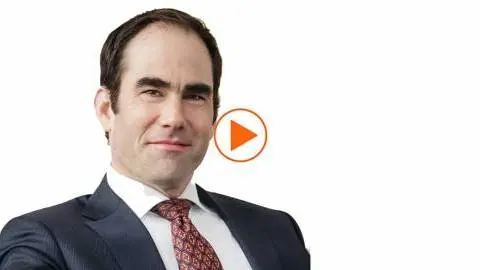It’s not easy being green
The investment and capital challenges faced by Dutch network operators
Dutch energy transition and the main goals
The Netherlands has been slow to adopt an energy transition programme compared to other European countries. The Climate Plan, released by the government in late-June 2019, marked a clear turning point as it aims to reduce Dutch carbon emissions by at least 49% by 2030 compared to 1990. This ambition would turn the country from laggard to frontrunner. Energy transition plays a pivotal role as emissions from the energy sector need to be reduced by as much as 73% by 2030.
Dutch energy transition plan: Co2 emission reduction targets
The Dutch government aims to phase out coal in its energy mix by 2030 and natural gas by 2050 in order to meet the targets. It also calls for a strong increase in renewables. We forecast this share to reach 25% in 2020 with the number expected to be 74% in 2030.
Investments in the Dutch energy system (€bn/year)
Implications for Dutch gas and electricity grid operators
The transformation to a low carbon economy requires increasing investments in the energy system from around €10bn a year in 2010 to an estimated €16bn a year in the period 2020-2030. Total investments in solar panels and wind farms will continue to fall as the assets become cheaper and cheaper.
DSOs will spend between €700m and €900m in 2020
On the other hand, investments in grids will continue to rise in order to accommodate the increasing share of renewables coming into the Dutch network systems. For the Transmission System Operators (TSOs) and the Distribution System Operators (DSOs), the change to a low carbon economy translates into exponential capital expenditure plans.
The call for capital injections and a new regulatory method
Already, a number of Dutch network operators cannot cover operating costs and required investments by the cash flows they generate. Some network operators want their shareholders to inject new capital. While this can provide temporary relief, it needs to come with higher tariffs from the Dutch regulator ACM in order to finance investments with operating cash flows.
Download
Download report
16 June 2020
Covid, climate, cars, currencies and clearing This bundle contains 9 ArticlesThis publication has been prepared by ING solely for information purposes irrespective of a particular user's means, financial situation or investment objectives. The information does not constitute investment recommendation, and nor is it investment, legal or tax advice or an offer or solicitation to purchase or sell any financial instrument. Read more

